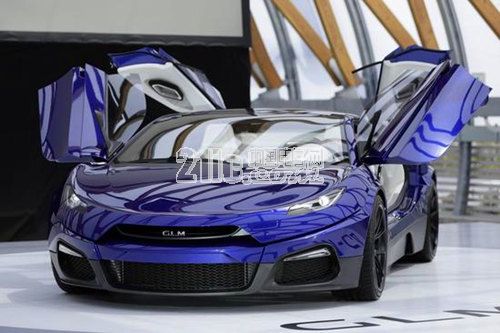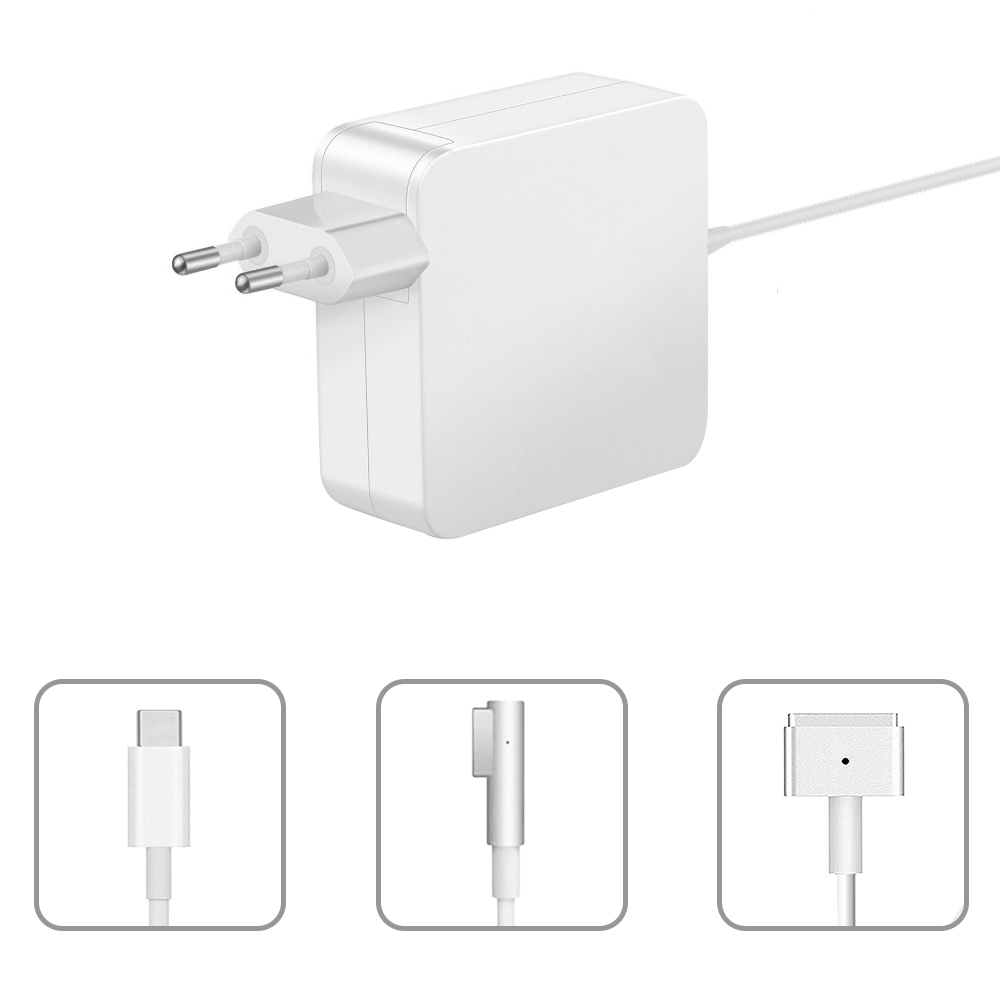According to reports, China is eager to dominate the global electric vehicle market. Driven by this goal, Chinese companies have completed a series of acquisitions. The latest example is the acquisition of Japanese electric car startup GLM. Let's take a look at the related content with the car electronics editor.

(Note: GLM's G4 concept electric car)
When GLM needed more money to put its high-end electric sports car into production, the company could not raise the funds it needed from its domestic investors.
However, GLM's efforts to find investors ended this week, and a Hong Kong investment company called O Luxe Holdings agreed to spend 12.8 billion yen (about $113 million) to acquire the company. O Luxe will raise funds for the deal by issuing new shares to shareholders including Chinese TV manufacturer TCL. After the completion of the deal, GLM founder and CEO Hiroyasu Koma said in an interview that with the support of the new owner, GLM was able to raise funds from around the world for research and development.
Yukang Kema said: "Electric vehicles are widely accepted, and China is the leader in the industry. But in the next five years, Japan's technology will still maintain its advantage, and we hope to occupy a certain share in this market."
The Chinese government is continually subsidizing the new energy vehicle market, and Chinese companies are also in the process of acquiring foreign battery and electric vehicle manufacturers, such as GLM, to strengthen their technological capabilities.
O Luxe said in a document submitted to the Hong Kong Stock Exchange that the acquisition is a good opportunity to enter the fast-growing electric vehicle industry.
A series of acquisitions have been completed
Yukang Kema said that after finding a new owner, GLM plans to start production of its pure electric supercar, the G4, in the second half of 2019. The car is expected to sell for 40 million yen and the target is to sell 1,000 units. He also said that the company also plans to introduce electric minibuses and seven-seat family cars, which will take advantage of the modified G4's powertrain and other important electrical components.
In 2010, seven engineers who resigned from major Japanese automakers such as Toyota founded GLM. The first model of the GLM is a lightweight two-door electric sports car called Tommykaira ZZ, which was first launched in Japan in 2014 and sells for about 8 million yen. According to the company, the car sold less than 100 cars.
While GLM will still rely on its vehicle sales to maintain short-term business operations, Yukang Kema said the company's focus will be on providing customized engineering solutions and chassis platforms, power systems and control units to other automakers. He said that the company is close to signing several contracts, most of which are Chinese car manufacturers.
Wang Jianfeng, chairman of Ningbo Joyson Electronics Co., Ltd. (hereinafter referred to as “Qisheng Electronicsâ€) said in April that the Chinese auto industry could not compete on a global scale without absorbing more foreign engineering technology. Last month, the US subsidiary of Joyson Electronics agreed to acquire the bankrupt Japanese airbag manufacturer Takada Corporation for no more than $1.588 billion.
Before the GLM deal was reached, Chinese companies have made a series of investments in the global electric vehicle industry. In the past five years, China's auto parts manufacturer Wanxiang Group has acquired the Karma electric car business operated by American startup Fisker Automotive and Karma's battery supplier A123 Systems. LeTV founder Jia Yueting is an investor in Los Angeles-based electric sports car manufacturer Faraday Future (FF), and he hopes that one day the company will compete with Tesla. According to reports, China's private equity firm GSR Capital is close to a deal to acquire Nissan's battery subsidiary AESC for about $1 billion.
According to estimates by the International Energy Agency (IEA), China has become the world's largest electric vehicle market, with sales in the Chinese market accounting for 40% of total global electric vehicle sales. The support of the Chinese government has triggered a wave of entrepreneurship and investment in the field of electric vehicles, and investors hope to invest in the next Tesla. Currently, about 200 Chinese companies are developing about 4,000 electric vehicles.
Yukang Kema said that his company plans to provide engineering solutions for these companies, from expensive sports cars to compact cars for the mass market, saving time and money for these companies.
He said: "Chinese startups seem to be our competitors in finished cars, but we think they are potential customers of our engineering platform. We want to become the Google in the automotive industry by providing operating systems for car manufacturers."
The above is about the automotive electronics - Chinese companies complete a series of acquisitions, only to become a "one party overlord" related introduction, if you want to know more information, please pay more attention, electronic engineering will provide you with more complete, more detailed, Updated information.

The 45W MagSafe Power Adapter has a magnetic DC connector, so if someone trips on it, the power cord disconnects harmlessly, keeping your MacBook Air safe. It also helps prevent the cable from fraying or weakening over time. Additionally, the magnetic DC helps guide the plug into the system for a quick and safe connection.
45W Macbook charger air,macbook 45watt charger,45W Macbook pro charger
Shenzhen Waweis Technology Co., Ltd. , https://www.szwaweischarger.com